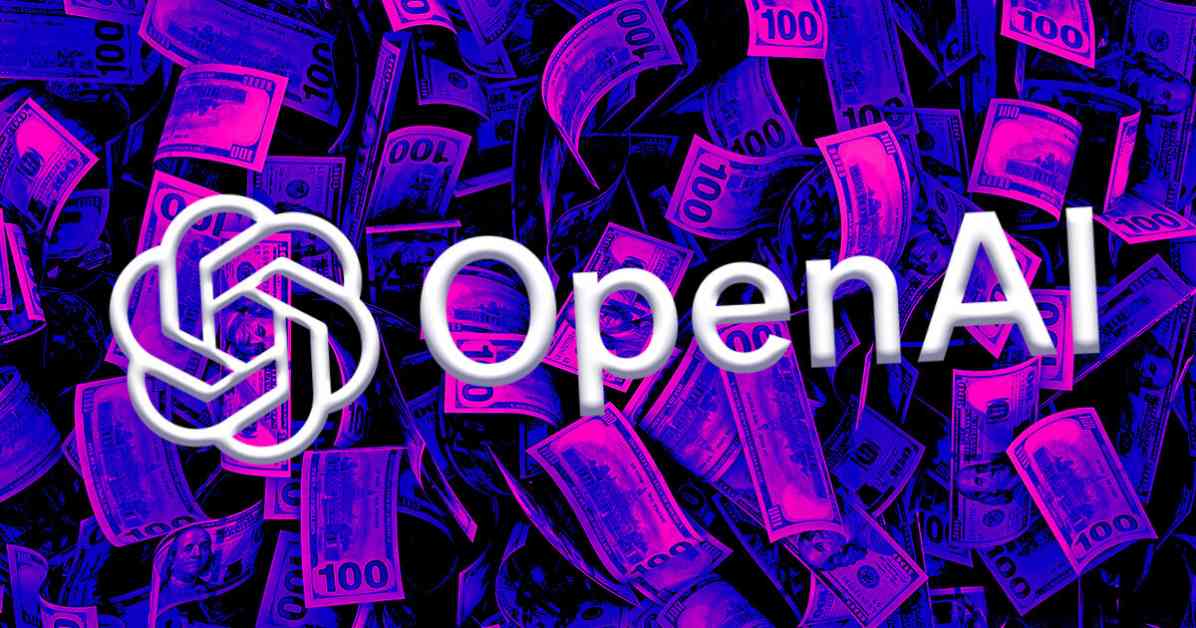A group of Canadian media organizations, including CBC/Radio-Canada, The Toronto Star, and The Globe and Mail, have filed a lawsuit against OpenAI for allegedly infringing on their copyrights with their ChatGPT product. The media outlets claim that OpenAI used their journalism without permission, seeking damages and an injunction to stop further unauthorized use of their content.
OpenAI defended its practices, stating that their AI models are trained on publicly available information and follow fair use and copyright laws. They emphasized their collaborations with news organizations and options for publishers to control how their content is used on the platform.
However, the plaintiffs argue that OpenAI’s actions devalue journalism by using it for commercial purposes. They believe that journalism serves the public interest and should not be exploited for profit. This lawsuit is part of a larger trend of legal battles between media companies and AI companies over the use of copyrighted materials for training models.
In a related development, OpenAI admitted to a UK committee that training their AI systems without incorporating copyrighted materials would be challenging. The company has also come under fire for accidentally deleting crucial evidence related to AI training data.
The outcome of this case could set a precedent for copyright law in the age of AI, as courts navigate the fine line between innovation and intellectual property rights. As the legal battle unfolds, it raises important questions about the intersection of technology, creativity, and ownership in the digital era.

















